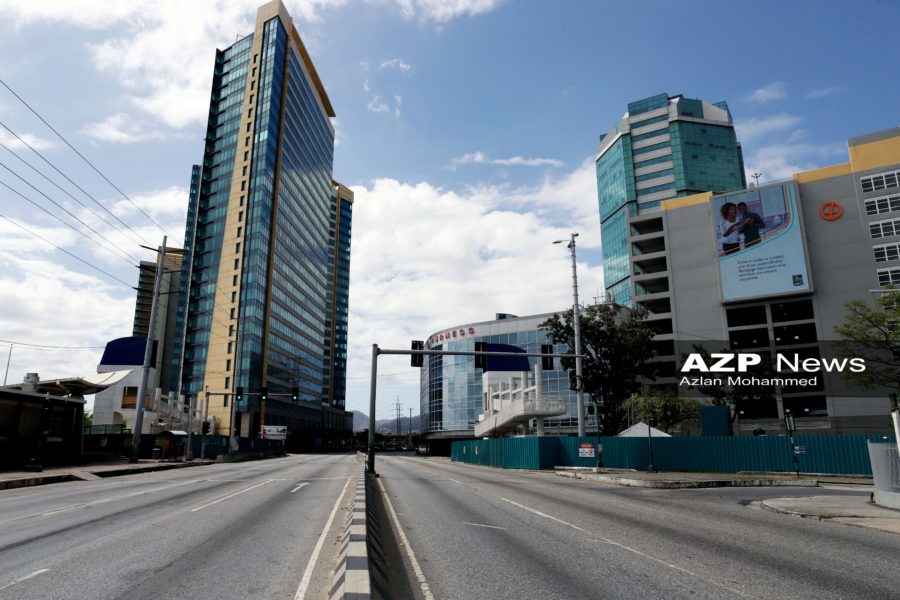
APRIL 2021 has been the most significant turning point for Trinidad and Tobago (T&T) regarding the Covid-19 pandemic.
A month after the Easter frolic, we have reached the highest recorded numbers of cases per day since the start of this pandemic in March of 2020. But this was surpassed on May 5 with 399 reported on that day.
A combination of complacency and lack of reinforcement of public education by the administration seems to be our folly in this third surge of Covid-19 cases.
The end result was a bitter dose of stringent lockdown that is still not going down well in all sectors in T&T.
Yet, many have expressed that this decision taken by our government is not the best when we take the economy into consideration.
Many who were out of work have not received their relief grants owed to them since phase one of the lockdown a year ago.
Do lockdowns really work to break the chain of transmission or are they just a band aid solution?
Lockdown is classified as non-pharmaceutical interventions (NPIs) in a pandemic. Non-pharmaceutical as it not the same as vaccines to prevent contracting the virus or drugs used to treat symptoms or complications after contracting the virus.
NPIs also include both actions that individuals and households can take (e.g. frequent hand washing, covering coughs and sneezes, and keeping a distance from sick people) and physical distancing policies that communities enact (e.g. closing schools, working from home, restricting public gatherings.

These measures have been more stringently applied on from midnight Monday last week by shutting down non-essential services as we face this worst third surge of cases.
It is the hope of the government and the health authorities that these measures will see a much-needed drop in daily new cases diagnosed.
This maybe essential if we are not to end up in a grave situation like India. There the cases are so high that the healthcare capacity has been seriously overwhelmed adding significantly to the death toll that is now out of control.
A lockdown is not necessary if a population is pandemic ready and follows masking and physical distancing requirements.
However, if a population is unprepared and not compliant with less stringent NPI a lockdown will be necessary.

We have seen these break the chain of infection in our first and second surges of our pandemic experience here in T&T.
However, a lockdown has its economic consequences as we have seen during our past surges. So, it makes sense that a complete lockdown is not sustainable. Because this is a relatively new situation and we are dealing with a novel virus, the effectiveness of the different NPIs reducing transmission is poorly understood.
A lockdown employs the NPIs of limiting gathering sizes and closing businesses or educational institutions to stay-at-home orders. In a recent study by American Association for the Advancement of Science, these NPI elements of lockdown were assessed. It found:
- Closing both schools and universities was consistently highly effective at reducing transmission at the advent of the pandemic;
- Banning gatherings was effective, with a large effect size for limiting gatherings to ten people or less, a moderate-to-large effect for 100 people or less, and a small-to-moderate effect for 1,000 people or less;
- Targeted closures of face-to-face businesses with a high risk of infection, such as restaurants, bars, and nightclubs, had a small-to-moderate effect;
- Closing most nonessential businesses delivering personal services was only somewhat more effective (moderate effect); and
- When these interventions were already in place, issuing a stay-at-home order had only a small additional effect.
These results indicate that, by using effective interventions, some countries could control the epidemic while avoiding stay-at-home orders. This means that a stringent lockdown like what we are experiencing now may not be necessary.
Dr Visham Bhimull is a Primary Care Physician MBBS (UWI) Diploma in Family Medicine (UWI).
The comments and opinions made in this commentary do not necessary reflect the views of AZPNews.com, a Division of Complete Image Limited.
![]()











